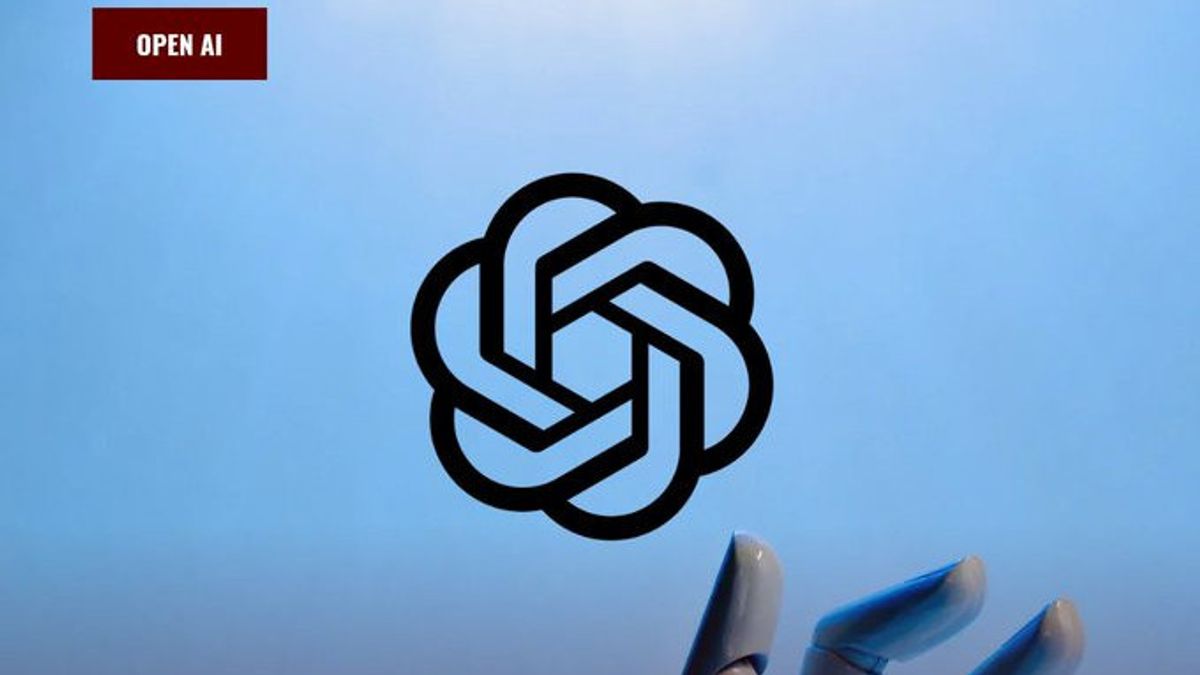JAKARTA - ChatGPT maker OpenAI is developing a new approach to their artificial intelligence model in a project called the code "Strawberry." This was revealed according to information from people familiar with this issue and internal documentation. This project, which has never been reported before, comes as Microsoft-backed startups compete to show that the type of model they offer is capable of providing advanced reasoning capabilities.
The teams inside OpenAI work on Strawberry, according to a copy of OpenAI's internal document seen by Reuters in May. Unfortunately until now it is not certain the exact date of the document, which details the plan for how OpenAI intends to use Strawberry to conduct research. The source describes this plan as a work that is currently underway. Unfortunately, until now it is also not known how close Strawberry is to be launched to the public.
The way Strawberry works is strictly kept secret even inside OpenAI, the source said. The document describes a project that uses the Strawberry model with the aim of allowing the company's AI not only to generate answers to questions but also plans forward to independently and reliably navigate the internet to do what OpenAI calls an "in-depth research." This is something the AI model has been difficult to achieve to date, according to interviews with more than a dozen AI researchers.
In a statement, an OpenAI spokesperson said, "We want our AI model to see and understand the world more as we do. Continuous research into the capabilities of new AI is common practice in industry, with common belief, that this system will increase in reasoning over time."
The Strawberry project was previously known as Q*, which Reuters reported last year is already considered a breakthrough within the company. Two sources describe seeing a Q* demo earlier this year able to answer complicated science and mathematics questions that are beyond the reach of today's commercial models.
On Tuesday 9 July, according to a Bloomberg report, OpenAI has shown a demonstration of a research project that is claimed to have new human-like reasoning skills. OpenAI spokeswoman confirmed the meeting but declined to provide details of its contents. However, the media could not determine whether the project to be demonstrated was Strawberry.
OpenAI hopes this innovation will dramatically improve the reasoning capabilities of its AI model, said a source familiar with this. He also added that Strawberry involves a special way of processing AI models after being trained previously on very large datasets.
Researchers say that reasoning is the key for AI to achieve human-level or super-human intelligence. While large language models (LLM) can already summarize solid text and compose elegant prosas faster than any human being. But this technology often fails in common sense problems whose solutions appear intuitive to people, such as recognizing logical mistakes and playing tic-tac-toe.
Strawberry is a key component of OpenAI's plans to address these challenges, said a source familiar with the matter. Documents seen by Reuters illustrate what Strawberry wants to achieve, but not how.
In recent months, companies have personally signaled developers and other outside parties that they are close to releasing technology with more sophisticated reasoning capabilities, according to four people who have heard the company's presentation. They declined to be identified because they were not allowed to talk about personal issues.
SEE ALSO:
Strawberry is a special way of what is known as OpenAI's generating AI-model's "post-training", or adapting basic models to improve its performance in a special way after they have been "trained" at large amounts of general data.
Strawberry has similarities to the methods developed at Stanford in 2022 called "Self-Taught Reason" or "STAR", said one of the sources familiar with the matter. STAR allows AI models to "bootstrap" themselves to higher levels of intelligence through iteratively creating their own training data.
One of OpenAI's intended capabilities with Strawberry is to perform long-term tasks (LHT), referring to complex tasks that require models to plan ahead and carry out a series of actions over extended periods of time, the first source explained.
To do so, OpenAI is creating, training, and evaluating models on what the company calls an "in-depth research" dataset, according to OpenAI's internal documentation. Reuters was unable to determine what was in the dataset or how long the extended period would take.
OpenAI specifically wants its model to use this capability to conduct research by exploring the web independently with the help of a "CUA", or computer user agent, which can take action based on its findings, according to documents and one of the sources. OpenAI also plans to test its capabilities in doing the work of software engineers and machine learning.
The English, Chinese, Japanese, Arabic, and French versions are automatically generated by the AI. So there may still be inaccuracies in translating, please always see Indonesian as our main language. (system supported by DigitalSiber.id)













